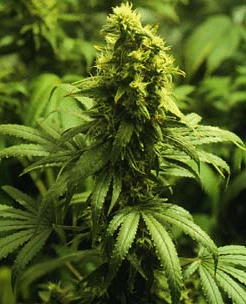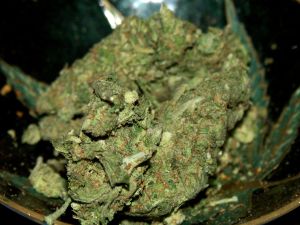Orange County Marijuana Lawyers: The Fight Goes On
Orange County marijuana lawyers had been closely following the federal lawsuit filed by four disabled patients who sued, saying that the closure of medical marijuana dispensaries in Orange Country and throughout the state violated their rights. 
Now, a federal appeals court has rejected that claim, which they had based on the federal Americans with Disabilities Act. They claimed that given their gravely ill status, and in accordance with state law, they should be allowed to access medical marijuana. To prevent them from doing so, they argued, was a clear violation of their rights.
While our Orange County marijuana attorneys agree – and are thoroughly disappointed by this ruling – it’s important to note that this was simply one approach that failed. There are other arguments that can be made in efforts to carve out exceptions to federal laws that make it a crime to possess, use or sell marijuana.
In fairness, the justices on the federal appeals court panel did have a difficult decision legally. On the one hand, you have the state’s Compassionate Use Act, which was passed in 1996. This was the legislation that allowed severely ill patients to obtain and use marijuana for medical purposes with the approval from a doctor. However on the other hand, you have federal laws that state the possession, use and sale of marijuana is illegal.
The justices voted 2-1 against the plaintiffs.
Similar cases in the past have also been rejected. Back in 2001, the U.S. Supreme Court ruled against the Oakland Cannabis Buyers’ Cooperative, which had argued that it was justifiable to break federal law based on the doctrine of medical necessity.
Then in 2005, another Oakland patient argued that Congress shouldn’t have the authority under interstate commerce laws to regulate marijuana that was non-commercial and locally grown. That argument was rejected as well.
In this current case, which was heard in the 9th Circuit, Orange County medical marijuana patients were fighting for the right to sue both Lake Forest and Costa Mesa. Both cities had been proactive in shutting down medical marijuana dispensaries.
The patients argued that their use of medical marijuana should be covered under the disabilities act when it is overseen by a licensed physician.
However, the appeals court instead ruled that while it recognized that the plaintiffs in this case were seriously ill, it could not justify approving their use of medical marijuana. They claimed that the only exceptions to the federal law are spelled out in the U.S. Controlled Substances Act. That might allow for experiments using the drug, but not standardized use under state law.
This is a missed opportunity, to be sure, but the fight is far from over. The patients are considering filing an appeal.
In the meantime, there are a number of other cases involving shuttered dispensaries that are pending.
Our Orange County marijuana lawyers stand ready to defend those dispensaries, collectives and patients who are being targeted in this aggressive federal campaign.
Continue reading
 Cannabis Law Group's Medical Marijuana Legal Blog
Cannabis Law Group's Medical Marijuana Legal Blog












